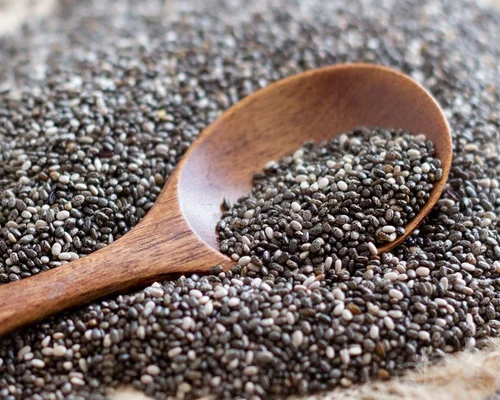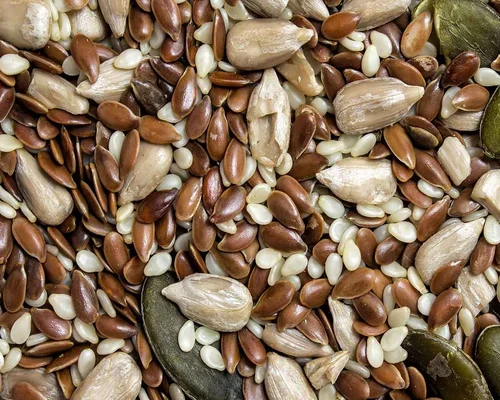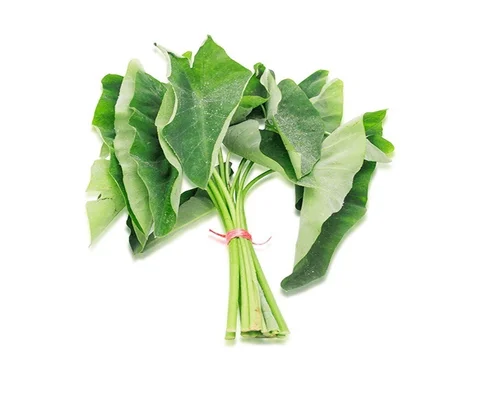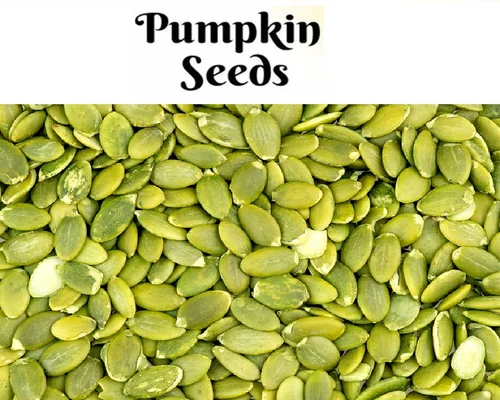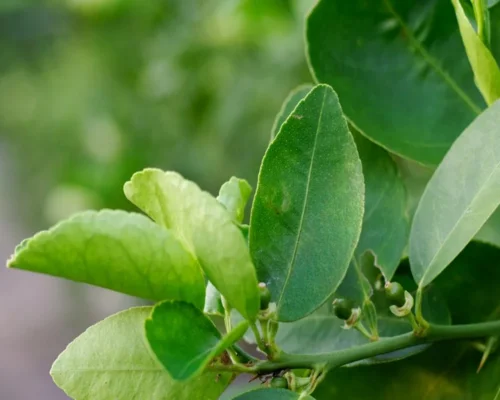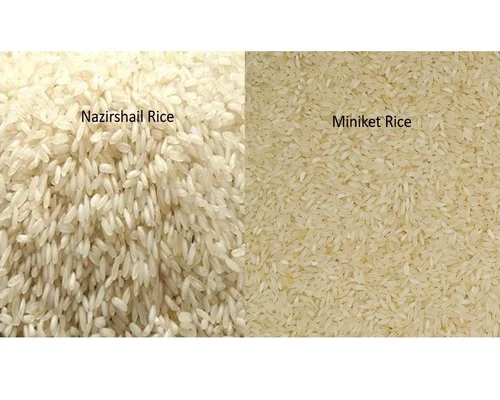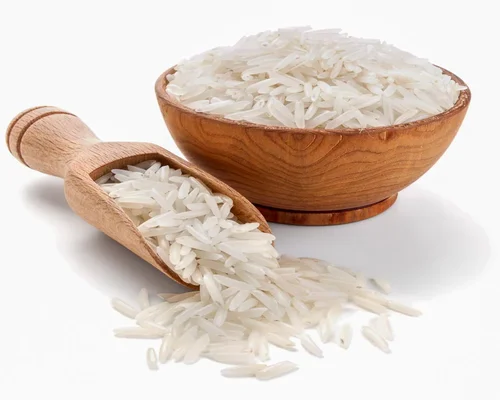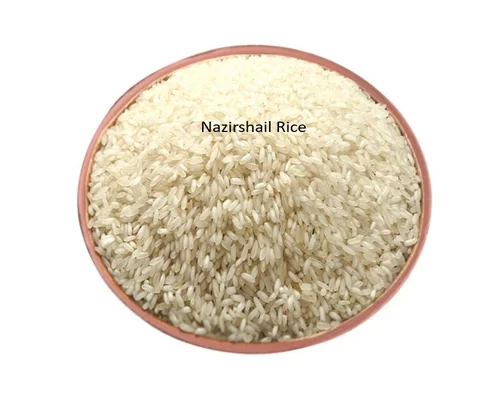
Is rhubarb poisonous?
Is rhubarb poisonous
Yes, rhubarb leaves are poisonous, but the stems are safe to eat. The leaves contain a high concentration of oxalic acid, which can be toxic if eaten. Rhubarb leaves contain significant amounts of oxalic acid, which can cause health problems such as kidney stones and, in extreme cases, kidney failure.
The concentration of oxalic acid in the stems is much lower and does not pose a health risk.
It is important to remove and discard the leaves before eating any part of the rhubarb plant.
Rhubarb leaves are also toxic to animals, so it is best to keep pets away from rhubarb plants.
Symptoms of rhubarb leaf poisoning:
Nausea
Stomach pain
Vomiting
Weakness and drowsiness
In some cases, more serious problems such as kidney stones or kidney failure.
Rhubarb leaves are poisonous. "The leaves are very high in oxalates, so you should not eat the inedible and poisonous leaves. "Oxalates are anti-nutrients because they bind minerals, reducing mineral bioavailability.
Here a more detailed look at the benefits:
Rhubarb is a hybrid of the species Rheum with fleshy, edible stems and leaves in the Polygonaceae family, which are used for cooking and eating.
Rhubarb, while not a fruit, offers several health benefits due to its nutritional content and unique compounds. It is a good source of vitamin K, which supports bone health, and contains antioxidants like anthocyanins, which may help reduce inflammation and fight oxidative stress. Rhubarb also has digestive benefits, including promoting regular bowel movements and aiding digestion.
Rhubarb is a good source of vitamin K, which is essential for bone health and may help reduce the risk of osteoporosis.
Vitamin K activates osteocalcin, a protein that helps bones deposit calcium, making them stronger.
Rhubarb may help relieve constipation due to its high fiber content and the presence of compounds like anthraquinones, which stimulate bowel movements.
It may aid in digestion and reduce inflammation in the intestines.
Rhubarb contains anthocyanins, which are antioxidants that can help reduce inflammation and protect against cell damage caused by free radicals.
These antioxidants may also contribute to heart health and potentially help prevent some types of cancer.
Some studies have suggested that rhubarb may have antimicrobial properties, which are potentially helpful against certain viruses and bacteria.
According to some studies, rhubarb may also contribute to healthy blood pressure.
It is important to note that while rhubarb offers potential benefits, it is also high in oxalic acid, which can interfere with the absorption of certain minerals, especially calcium.
Excessive consumption of rhubarb may also be problematic for people prone to kidney stones due to its high oxalate content.

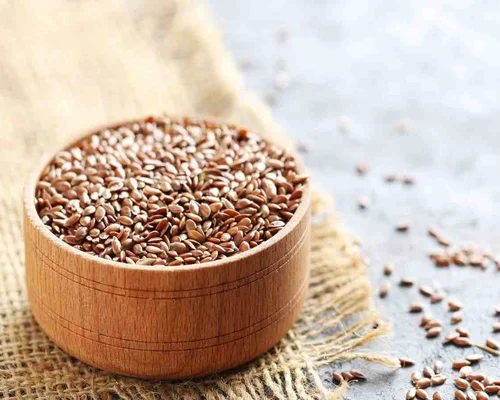
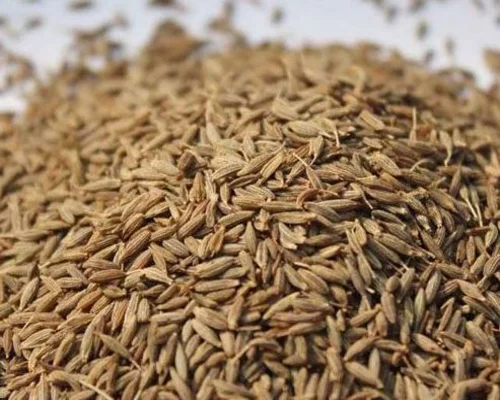
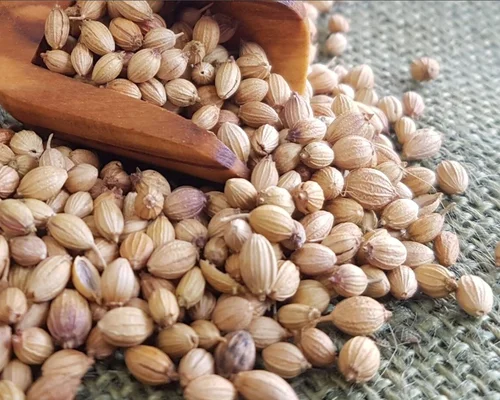




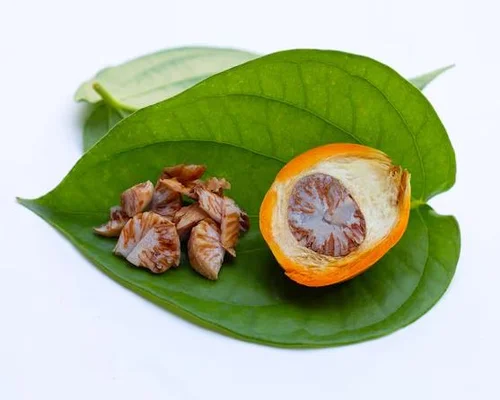





.webp)

